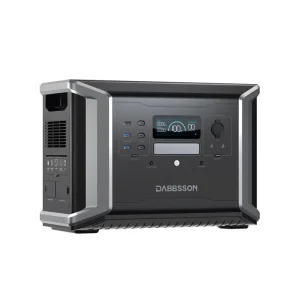Solar panel advantages go beyond just the reduction of carbon emissions and can provide homeowners along with business owners financial as well practical benefits from using this form of renewable power. The main advantage is the decrease in electricity expenses. On average, the U.S. Department of Energy claims that solar panels can cut your electricity bill by 50-75% while costs vary based on location and system size ( source ) As one specific instance, a standard home installation of about 5 kilowatts (kW) would typically provide cost savings of around $1,000 per year with an average payback time frame in the range of six to eight years.
Solar panels are also infinitely durable with a lifespan 25-30 years or only minimal maintenance. Toto, this long life means even after the payback period the owners still have free electricity. Moreover, new photovoltaic (PV) technologies are able to deliver a higher efficiency at each panel level which result in efficiencies above 20% for the highest quality panels against ~15%, i.e. only 10 years ago. This greater efficiency increases generated energy resulting especially valuable in places with less sunlight.
The other major benefit of solar panels is the environmental benefits. Solar is a clean, renewable resource that can reduce our carbon footprints and decrease the reliance on fossil fuels resulting in lower emissions of greenhouse gases. Impact On The Environment: According to the International Renewable Energy Agency (IRENA) switching to solar panel saves a family from 3–4 tons of their carbon footprint per year, and hence it becomes an excellent remedy for all who are conscious about our surroundings. According to the report, global solar capacity crossed 1 terawatt (TW) in 2022, a significant threshold for recognition of solar's importance in producing sustainable energy.

Additionally, federal and state incentives improve the economic outlook of solar panels. But in the USA there is the federal solar Investment Tax Credit (ITC) and enables homeowners to deduct 26% of their installation costs from their Federal taxes. This deduction alone can cut thousands of dollars off front-end costs, which will make solar less costly up front. On top of it, some states provide rebates and performance-based incentives as well as sales tax breaks which improved the ROI.
Solar panels can be very useful to have in your home, offering energy independence as well as security and when used alongside solar storage units such as batteries. A backup battery provides power during outages A solar system with a built-in or paired battery can also continue to function for up time-sensitive devices and appliances, regardless of the status of your grid. This reliability provides a peace of mind to businesses and residents in extreme weather areas.
Over the long term solar panels are a great solution to save money, achieve longevity of use, provide environmental benefits and improve energy independence making an incredibly complete answer for both individuals on low income or even global citizens.
